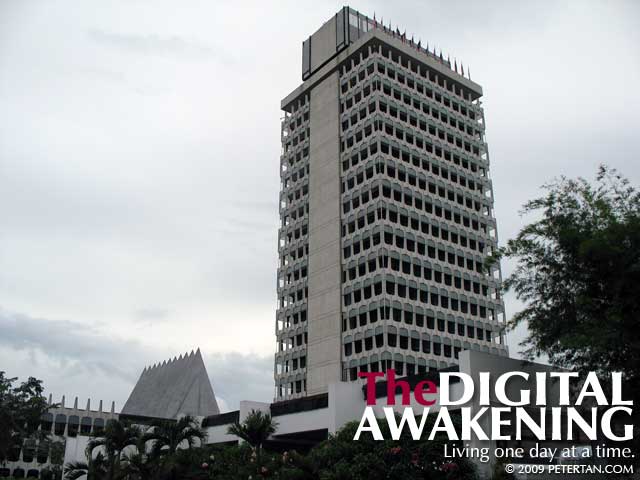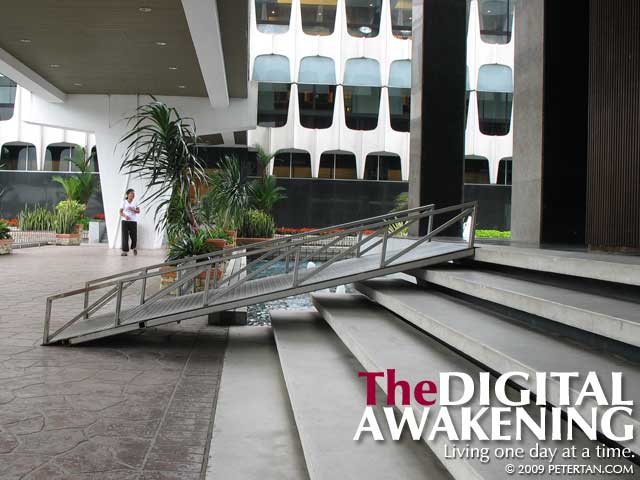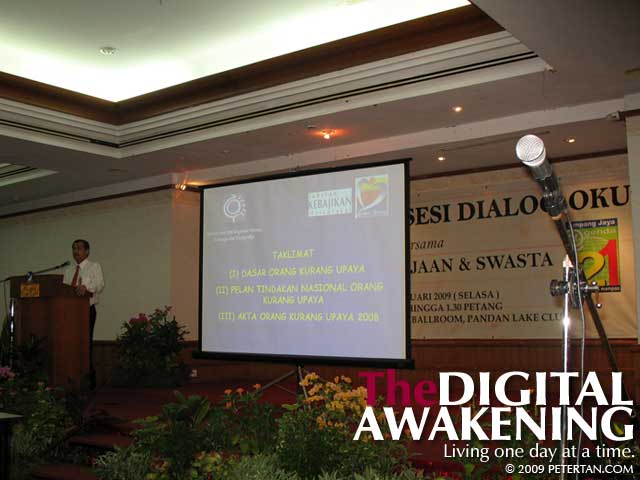STREET, DRAINAGE AND BUILDING ACT 1974
UNIFORM BUILDING (AMENDMENT) BY-LAWS 1991
In exercise of the powers conferred by section 133 of the Street, Drainage and Building Act 1974, the State Authority makes the following by-laws;
1. These by-laws may be cited as the Uniform Building (Amendment) By-laws (UBBL) 1991.
2. By-law 2 of the UBBL 1984, which in this By-laws is referred to as “the principal By-laws” is amended by inserting immediately after interpretation “detached building” the following interpretation: “disabled persons” means people; with a physical, hearing or sight impairment which affects their mobility or their use of buildings as referred to under by-laws 34A:
3. The principal By-laws is amended by inserting immediately after by-law 34, the following new by-law 34A:
34A. (1) Any building or part thereof to which this by-law applies shall –
(a) be approved with access to enable disabled persons to get into, out of and within the building for which access is provided wholly or mainly for the inspection, maintenance or repair of the building, its services or fixed plant or machinery; and
(b) be designed with facilities for use by disabled persons.
(2) The requirements of this by-law shall be deemed to be satisfied by compliance with Malaysian Standard MS 1183 and MS 1184.
(3) Buildings to which this by-law applies and which on the date of commencement of this by-law have been erected, are being erected or have not been erected but plans have been submitted and approved shall be modified or altered to comply with this by-laws within 3 years from the date of commencement of this by-law.
(4) Notwithstanding paragraph (3) the local authority may where it is satisfied that it is justifiable to do so –
(a) allow an extension or further extensions of the period within which the requirements of this by-law are to be complied with; or
(b) allow variations, deviations or exemptions as it may specify from any provisions of this by-law.
(5) Any person aggrieved by the decision of the local authority under paragraph (4) may within 30 days of the receipt of the decision appeal in writing to the State Authority, whose decisions shall be final.
(6) The requirements of this by-law shall apply to any of the following buildings or any part thereof:
(a) offices, banks, post offices, shops, department stores, supermarkets and other administrative and commercial buildings; except shop-houses existing at the commencement of this by-law;
(b) rail, road, sea and air travel buildings and associated concourses, car parking buildings and factories;
(c) hospitals, medical centres, clinics and other health and welfare buildings;
(d) restaurants, concert halls, theatres, cinemas, conference buildings, community buildings, swimming pools, sports buildings and other refreshment, entertainment and recreation buildings;
(e) religious buildings;
(f) schools, colleges, universities, zoos, museums, art galleries, libraries, exhibition buildings and other educational, cultural and scientific buildings; and
(g) hostels, hotels and other residential buildings other than single family private dwelling houses.
LIST OF STATE GAZETTE NOTIFICATION ON AMENDMENT TO UBBL 1984 ON BUILDING REQUIREMENTS FOR DISABLED PERSONS
1. Perlis – 3 March 1994 – PS.P.U.2
2. Kedah – 30 November 1992 –
3. Penang – 11 November 1993 – Pg.P.U.26
4. Perak – 13 May 1994 – Pk.P.U.26
5. Selangor – 20 January 1994 – Sel.C.U.95
6. Negeri Sembilan – 31 January 1991 – N.S.P.U.95
7. Melaka – 22 May 1996 –
8. Johor – 7 May 1992 – J.P.U.14
9. Pahang – 28 March 1996 –
10. Terengganu – 15 December 1993 –
11. Kelantan – 3 July 1992 – Kn.P.U.5/92
12. Federal Territory – 13 August 1993 – P.U.A.305/92
*Note: The UBBL 34A was extracted from “Guidelines on Buildings Requirements for Disabled Persons” published by the Bahagian Kawalan Bangunan, Jabatan Kerajaan Tempatan, Kementerian Perumahan dan Kerajaan Tempatan.



